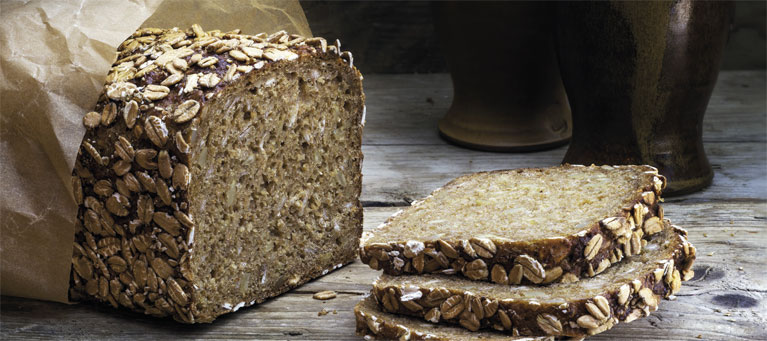
Spinal Cord Injury Bowel Management
If you are living with a spinal cord injury, you might have had a change to your bowel function and been told you have a ‘reflex bowel’ or a ‘flaccid bowel.’ You may have bowel incontinence following a spinal cord injury or have difficulty passing stools. If you are constipated you may feel generally quite uncomfortable and unwell, you might develop haemorrhoids or tears towards the end of your gut. For some, this might trigger a set of symptoms of autonomic dysreflexia where you can become quite ill and need to stay in hospital. You can find more information on autonomic dysreflexia prevention in our Spinal cord injury bladder problems & management blog post.
Constipation can also reduce your appetite and you may be able to eat less food than you need for basic functions like an efficient immune system. You might find incontinence changes how comfortable you feel doing your usual activities and you’re less keen to be sociable, it can also increase the chance of skin wounds called pressure ulcers happening and mean you’re in pain or are more prone to infections.
Both incontinence and constipation are thought to happen to almost 40-50% of those with spinal cord injuries – you are not alone in experiencing this and there are some positive nutrition swaps you can make to help.
There are different types of fibre and they each can help with gut health. Fibre is not digested by our body, so it passes through our whole digestive tract. Often called ‘insoluble fibre’, this bulks what becomes our stool making it easier to travel through our gut. ‘Soluble fibre’ dissolves with water to make a gel-like texture and this softens the stool so our gut can more easily move it along. Hydrating ourselves is also key to being able to replace excess fluids that are lost on loose bowel movements. Some foods and drinks can irritate or over-stimulate our gut, but this will not happen to everybody and the triggers and amounts of these can vary too.
Our Spinal Cord Injury Diet Top Tips
No matter your overall gut health, it is important to be hydrated and you might find our advice under our urinary health section useful. Our separate ‘Living with a Urinary Catheter Hydration Guide’ has lots of helpful hydrating tips even for those without catheters.
Softening your stools
- Choose higher-fibre starchy carbohydrates like granary or wholemeal bread/pasta/rice or swap rice for cous cous, quinoa or similar grains.
- Aim for 5 or more portions of fruits and vegetables a day, and if you are aiming to reach a slimmer size and shape then you can try for vegetables to make up half your plate at mealtimes. To get a variety of the types of fibre, aim for as many different fruits and vegetables as you can and keep the skins on foods like potatoes, carrots, parsnips, and others.
Firming your stools
Our ‘Living with a Stoma Nutritional Guide’ has advice on minimising gut irritants and food swaps for lower-fibre options.
- Caffeine, alcohol, high-sugar or fizzy drinks might irritate your gut so choose the hydrating options we mentioned in our urinary health top tips section. High-fat foods may over-stimulate your gut so choose home cooked meals over pre-prepared options/takeaways and choose tomato-based instead of creamy sauces. Chilli can cause loose stools so you might like to experiment in finding the balance between eating the amount of chilli you enjoy and what you find is kindest to your gut.
- You may find you better tolerate lower-fibre starchy carbohydrates like ‘white’ rice/bread/potatoes rather than options that are labelled as ‘brown’ or ‘wholegrain’. It is worth trialling ‘white’ and ‘brown’ options to see what suits your gut.
- For general health, it is best to aim for 5 or more portions of fruits and vegetables a day. If you are trialling the other advice to firm your stools and needing more help, then having up to 5 portions equally spread across your day might suit you better. You could have a cupped handful of vegetables at each main meal and then a portion of fruit as a snack twice a day. If you would like tailored support, reach out to your GP for a referral to an NHS Dietitian but you can also find freelance Dietitians via the British Dietetic Association’s website.
